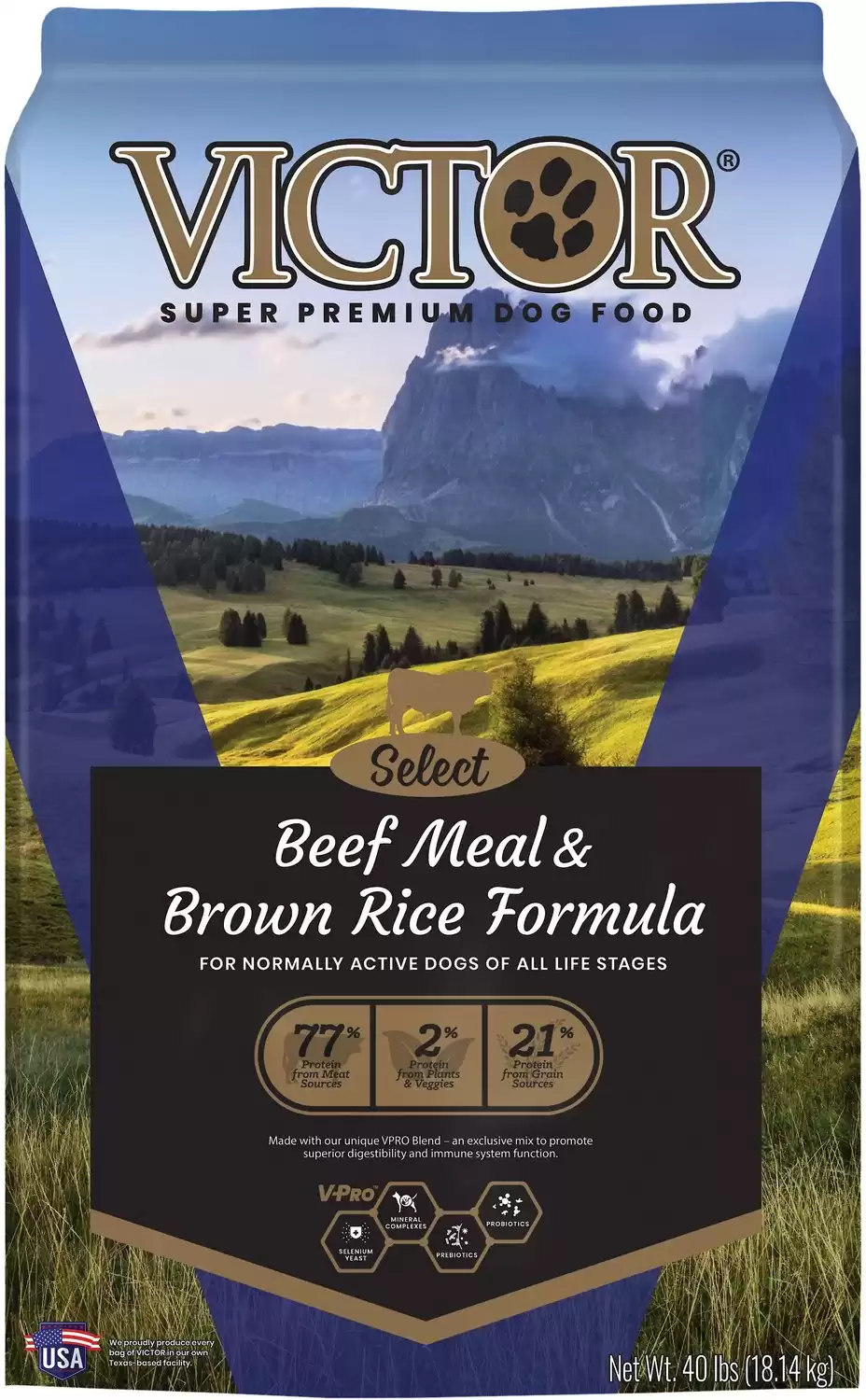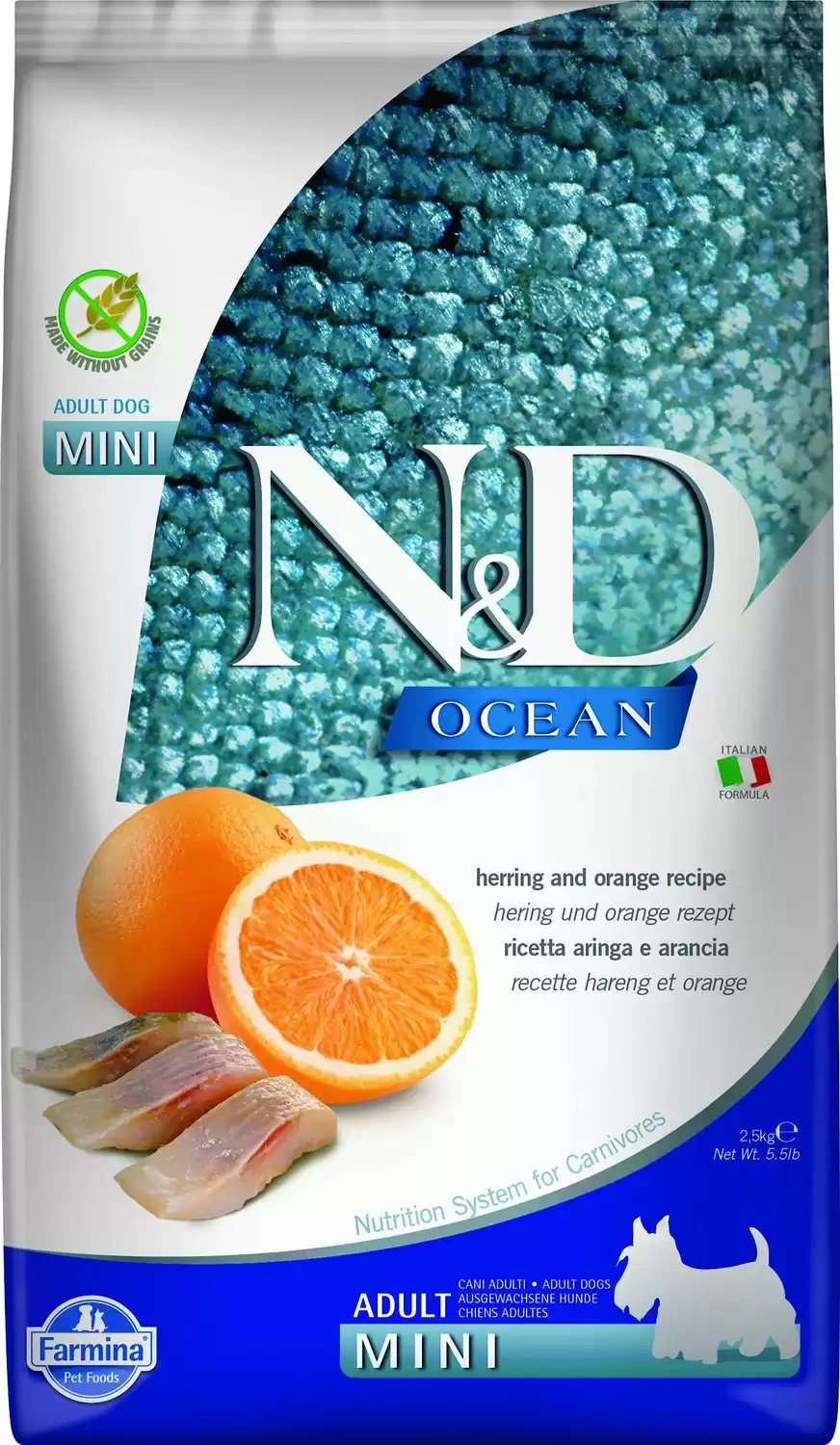Celery is a tasty, crunchy snack that can be found on most party veggie trays, in soups, stews, and even salads. It is a nutrient rich food that is low in calories and high in its anti-inflammatory properties. Celery offers many wonderful health benefits to humans, but can it offer the same to your dog? The answer is yes, celery can be just as healthy for dogs as it is for humans, however, there are a few things you may want to be aware of before you feed some to your canine buddy. Read on to learn more.
What Are the Health Benefits of Celery for Dogs?
A stalk of celery contains 95% water, no fat, and no cholesterol. It contains a multitude of healthy vitamins like vitamin A, C, and K. It is also a great source of micro-nutrients such as magnesium, potassium, calcium, and folate (folic acid). Some of the most prevalent nutrients that celery contains includes vitamin A, C, water and fiber.
Let’s take a closer look at some of these nutrients to see what sort of health benefits you can expect your dog to get from eating celery:
Vitamin A: This is a fat-soluble vitamin that supports your dog’s immune response, its bone growth, its reproductive system, and its healthy vision.
Potassium: This is an essential mineral that works to support your dog’s kidney function. It also help support healthy heart function, muscle function, and a healthy digestive system.
Calcium, zinc, and iron: These are all trace minerals that can be found in celery. They are beneficial for bone growth and integrity, and they also help support a properly functioning immune system.
Vitamin K: This vitamin helps aid in blood clotting and coagulation.
Folate (vitamin B9 or folic acid): This is essential for DNA synthesis and the production of healthy red blood cells.
Antioxidants: Vitamin C is present in celery and is an antioxidant that helps combat the damage that free-radicals can do within the body. Free-radicals, when left unchecked, can wreak havoc throughout your dog’s body and damage the healthy molecules and cells that your dog has. This can be brought on by stress, illness, environmental toxins, and diseases. Vitamin C works to boost your dog’s immune system response and can even help reduce the risk of your dog developing certain cancers. It also helps to slow down and prevent the process of premature aging in your dog.
Fiber: We all know just how important fiber is when it comes to maintaining a healthy digestive system—this goes for your dog as well. Your dog won’t need very much fiber to keep his digestive system running smoothly, but having some in his diet is still very important and can help prevent or relieve constipation. Fiber can also extend the feeling of fullness after a meal, so if your dog is on a diet or always seems to be hungry, you can try adding a bit more fiber into his diet.
- Gluten-free recipe
- Perfect for normal activity levels
- High in protein
- Fortified with vitamins
Additional Benefits of Celery for Your Dog
Besides vitamins and minerals, there are a few other reasons why you might want to incorporate the occasional piece of celery into your dog’s diet. Let’s take a look at some of those reasons:
May help dogs that are overweight: Did you know that there are only seven calories in a single stalk of celery? This makes it a wonderful treat for dogs that are on a weight-loss regimen, or if you are looking for a way to treat your dog without resorting to the unhealthy snacks. You can also add a few small pieces that are chopped up into its regular dog food to accompany its meal.
Celery can also make a much better alternative to commercial dog treats that can sometimes contain unnecessary ingredients that can be harmful to your dog. Commercial dog treats can have added sugars and be too high in both fats and calories.
Celery may treat bad breath: If you’ve noticed that your dog’s breath isn’t particularly the freshest, you may want to try adding celery into his diet, as it may help freshen it up a bit. This is due to the crunchy texture and the high water content that celery contains. It helps to stimulate the production of saliva, which helps wash away some of the excess bacteria and plaque that could be causing the bad odors. Keep in mind, celery won’t take the place of having good dental hygiene, so you shouldn’t stop brushing your dog’s teeth with a good quality toothpaste that is safe for dogs.
- Easy to use toothbrush is designed for cats and kittens
- Soft bristles on a plastic fingertip cover
- Bundle includes two tubes of toothpaste
- Eliminates plague build-up and bad breath
- Gentle cleansing formula
Are There Any Risks of Feeding My Dog Celery?
As with any fresh food that is meant for humans, there are a few things you’ll want to keep in mind if you plan on feeding your dog celery as a snack. Let’s go over some of them below:
Sodium: A single celery stalk contains roughly 35 mg of sodium. This is considered to be high for a vegetable and could put unnecessary stress on your dog’s kidneys if fed to frequently. Instead of giving your dog an entire celery stick, try chopping it up into smaller, bite-sized pieces and only give your dog a few of them at a time. It’s safer to do it this way, as it poses less of a choking hazard.
Stringy, fibrous content: The stringy nature of celery is what provides the vegetable with most of its fiber content. Although this is a good thing, it can be quite difficult for your dog to digest—especially for small dogs and puppies. If you plan on giving your dog celery, especially if it is a small dog or puppy, be sure to cut it into tiny pieces so that your dog doesn’t choke on them and so that it can be a lot easier for them to digest.
These stringy fibers can also get stuck in between your dog’s teeth and cause a lot of discomfort. Be sure to check your dog’s teeth after you’ve fed him celery to see if there are any pieces that are stuck between his teeth. Remove the strings if you can so that your dog isn’t in any pain.
Pesticides: Unless you buy organic celery or grow your own, it has more than likely been sprayed with pesticides. These can be harmful to both humans and animals if consumed in excess, so be sure to thoroughly wash the celery before serving it to your dog. This won’t remove any of the pesticides that has made its way inside of the vegetable when absorbed, so it’s always best to opt for organic produce when possible.
- Carrot, apple, salmon, and blueberry recipe
- Ancestral grains for glycemic health
- Natural ingredients promote digestive and immune health
- Grain-free
Overall
Celery makes a fun, tasty snack for your dog and is completely safe to give when prepared properly. Be sure to wash the celery off before serving and cut it into smaller, more manageable pieces, so that there is less of a choking hazard for your dog. If you are unsure about feeding celery to your dog or if it has any underlying health issues, it’s always best to check with your veterinarian first to get the best advice on your specific dog’s needs, based on its medical history.
Up Next
- Can Dogs Eat Tomatoes, Are They Poisonous or Safe?
- Can Dogs Eat Beans? Which Beans are Most Dangerous?
- Can Dogs Eat Cucumbers? Are They Dangerous or Deadly?
The photo featured at the top of this post is © corners74/Shutterstock.com
Ready to discover the top 10 cutest dog breeds in the entire world?
How about the fastest dogs, the largest dogs and those that are -- quite frankly -- just the kindest dogs on the planet? Each day, AZ Animals sends out lists just like this to our thousands of email subscribers. And the best part? It's FREE. Join today by entering your email below.
Thank you for reading! Have some feedback for us? Contact the AZ Animals editorial team.










